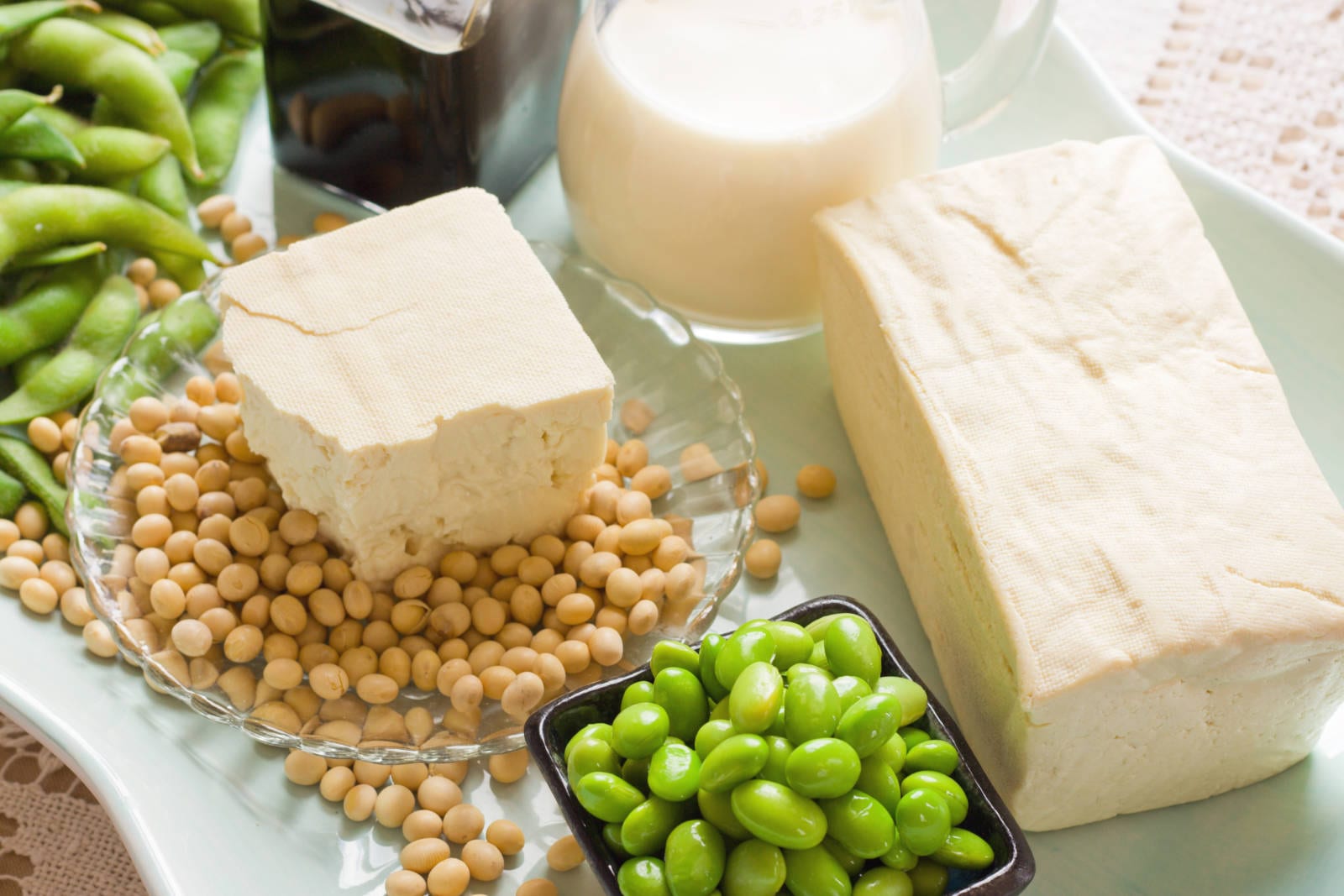Globally, approximately 20 million children suffer from severe acute malnutrition (SAM). While SAM is a cause of death in children in all parts of the world, it is most prevalent in Asia. Children who receive proper treatment, however, have the potential to grow up to lead normal and healthy lives. Unfortunately, several barriers may block the access and use of recovery products, known as ready-to-use therapeutic food (RUTF).
The World Health Organization (WHO) recommends energy-dense lipid pastes enriched with vitamins and minerals to combat SAM, but these pastes consist of high cost ingredients and some children also face tolerance and digestion challenges.
Soy Can Help Support Recovery for Malnutrition
Recently, the United Soybean Board (USB) funded a double-blind randomized trial with a RUTF product made from isolated soy protein, developed and provided by DuPont Nutrition & Biosciences. This study, conducted in Bangladesh, tested the acceptability and efficacy of RUTF made from isolated soy protein in comparison with the milk-based RUTF currently used in 6- to 59-month-old children suffering from SAM.
The soy-based RUTF was developed based on guidance and considered the nutritional profiles of available standard formulas.
It contained no peanut and replaced milk protein with soy protein isolate. The inclusion of peanut in the standard RUTF formula can present additional risk as peanut allergy becomes more common. Additionally, peanuts are susceptible to contamination by aflatoxins, poisonous substances produced by molds, making them harmful to both humans and animals.
In the standard formula for RUTF, the most expensive raw ingredient, milk powder, is the source of high-quality protein, but also makes up 50 percent of the cost. Soy-based RUTF can support a greater number of severely malnourished children who can receive treatment to recover from malnutrition, due to its comparatively lower cost than the standard milk-based RUTF formula.
The European Journal of Nutrition recently published the results of this study on the acceptability and efficacy of RUTF in 260 Bangladeshi children under the age of five suffering from SAM. The study marks the first randomized trial comparing peanut-free soy-based RUTF using soy protein isolate with standard milk-based RUTF with outcomes related to recovery and improved body composition. High quality soy protein supported similar recovery to the milk-based formula, due to the similar qualities of the two products. This study substantiates the high quality of soy protein and its ability to support the health and recovery of a vulnerable population, similar to another high-quality protein, milk.
Key takeaways include:
- The soy protein-based RUTF was evaluated for taste acceptability, tolerability, and effectiveness in comparison to milk-based RUTF.
- The peanut-free soy-based RUTF was found equally acceptable to the milk-based RUTF without any side effects or adverse events.
- Children with severe acute malnutrition who received the soy-based RUTF showed a similar pattern and rate of weight gain, changes in other anthropometric measures, and body composition as those who received the milk-based RUTF.
- High quality soy protein supported similar recovery to the milk-based formula, due to the similar qualities of the two products.
- This study substantiates the high quality of soy protein and its ability to support health and recovery of a vulnerable population, similar to another high-quality protein, milk.
Cost Effective, High Quality Soy Can Help Meet RUTF Demand
Demand for RUTF products continues to increase every year. Half of the RUTF products are produced in developed countries and are exported to developing countries in need. The estimated cost to treat each child is $47.
Children who face food scarcity challenges and develop SAM need safe, palatable foods with energy, protein, fat, minerals, and vitamins tailored to their needs in order to recover. The cost of milk-based RUTF may limit its use in many low- and middle-income high-need countries. Soy-based RUTF offers a cost-effective, high-quality protein for the world’s most vulnerable citizens.
Citation: Md. Iqbal Hossain, Sayeeda Huq, M. Munirul Islam, Tahmeed Ahmed. Acceptability and efficacy of ready to use therapeutic food using soy protein isolate in under 5 children suffering from severe acute malnutrition in Bangladesh: a double blind randomized non inferiority trial. European Journal of Nutrition, 2019. https://doi.org/10.1007/s00394-019-01975-w
